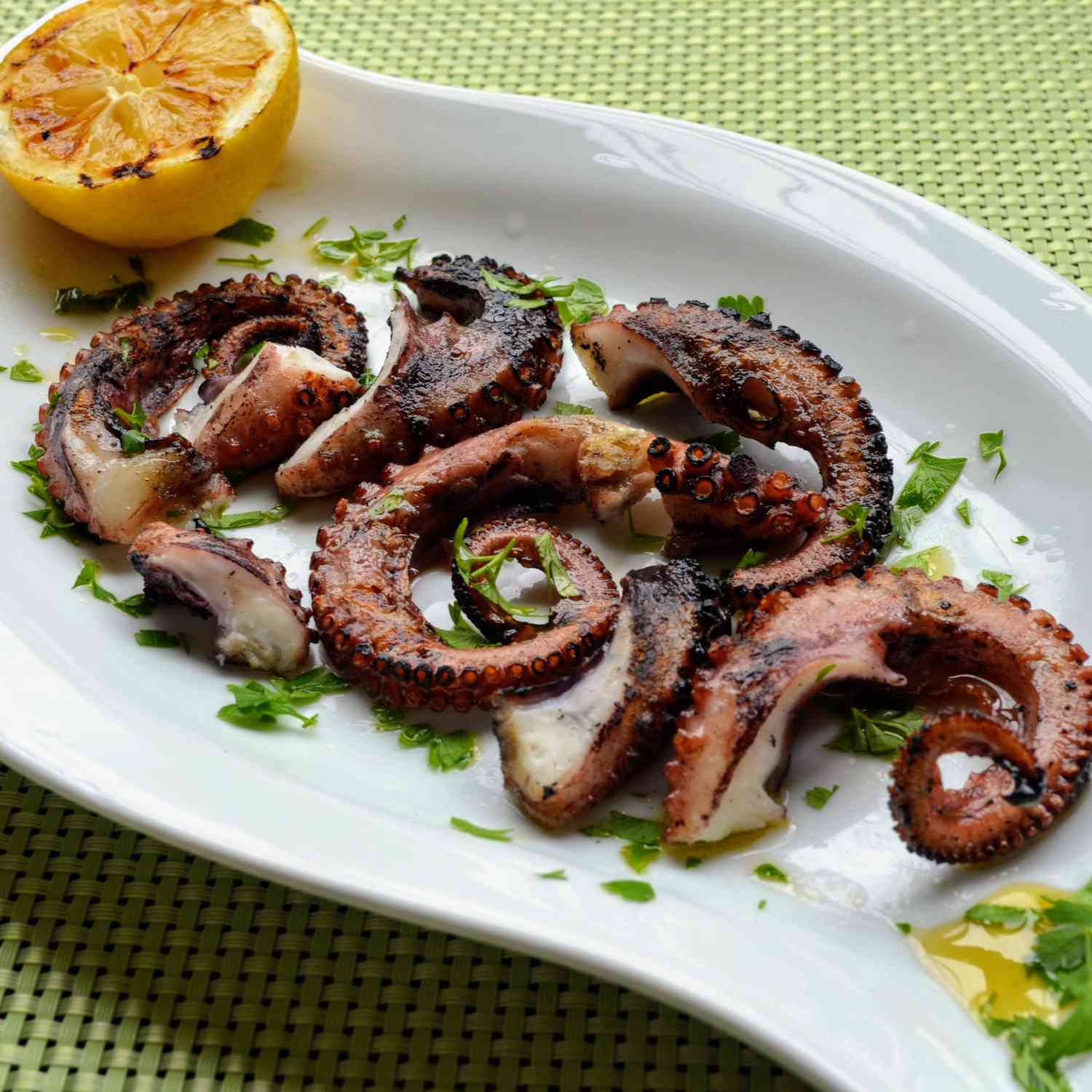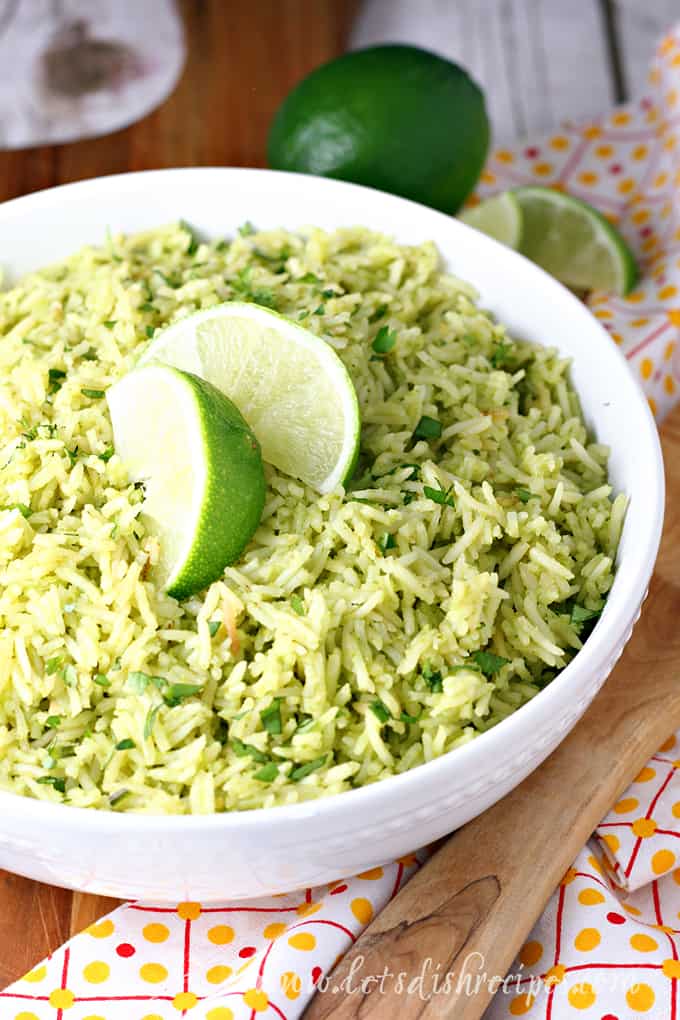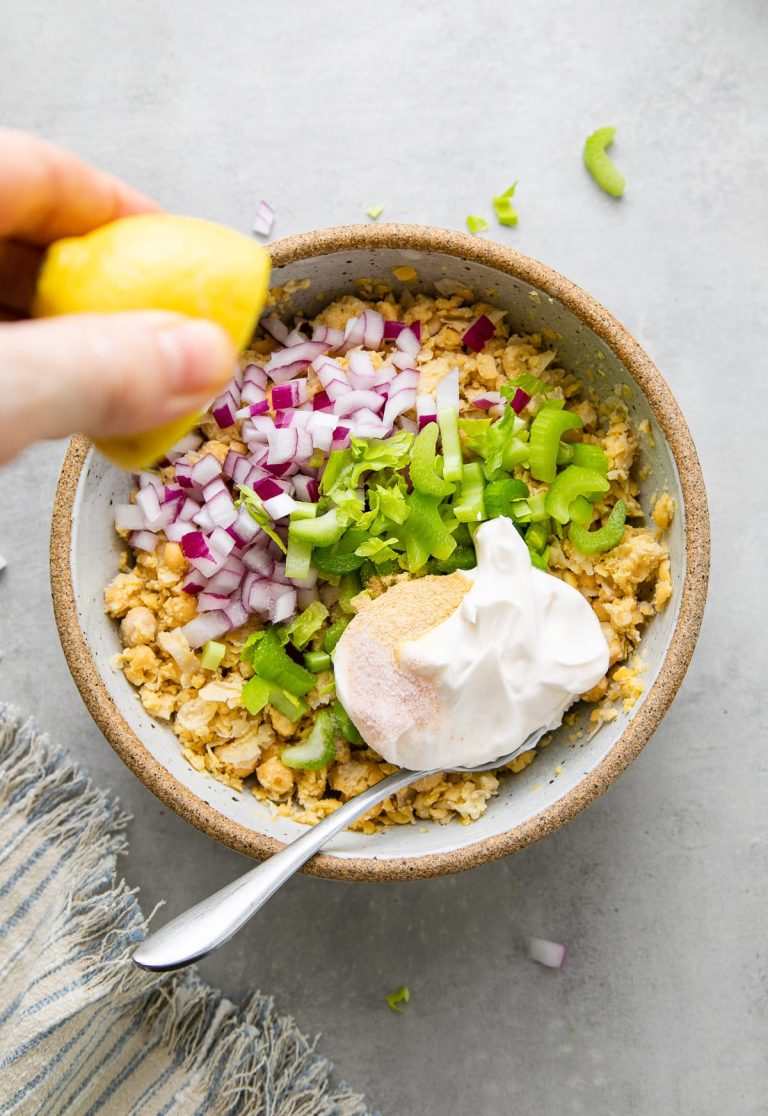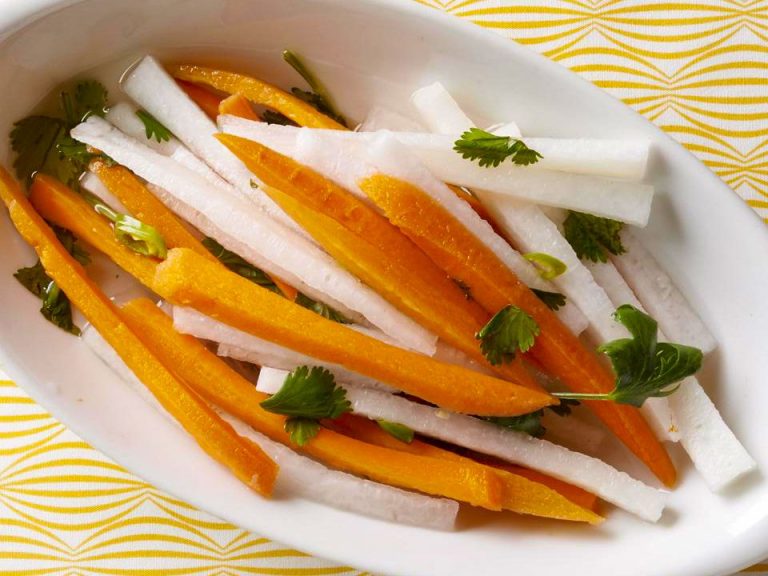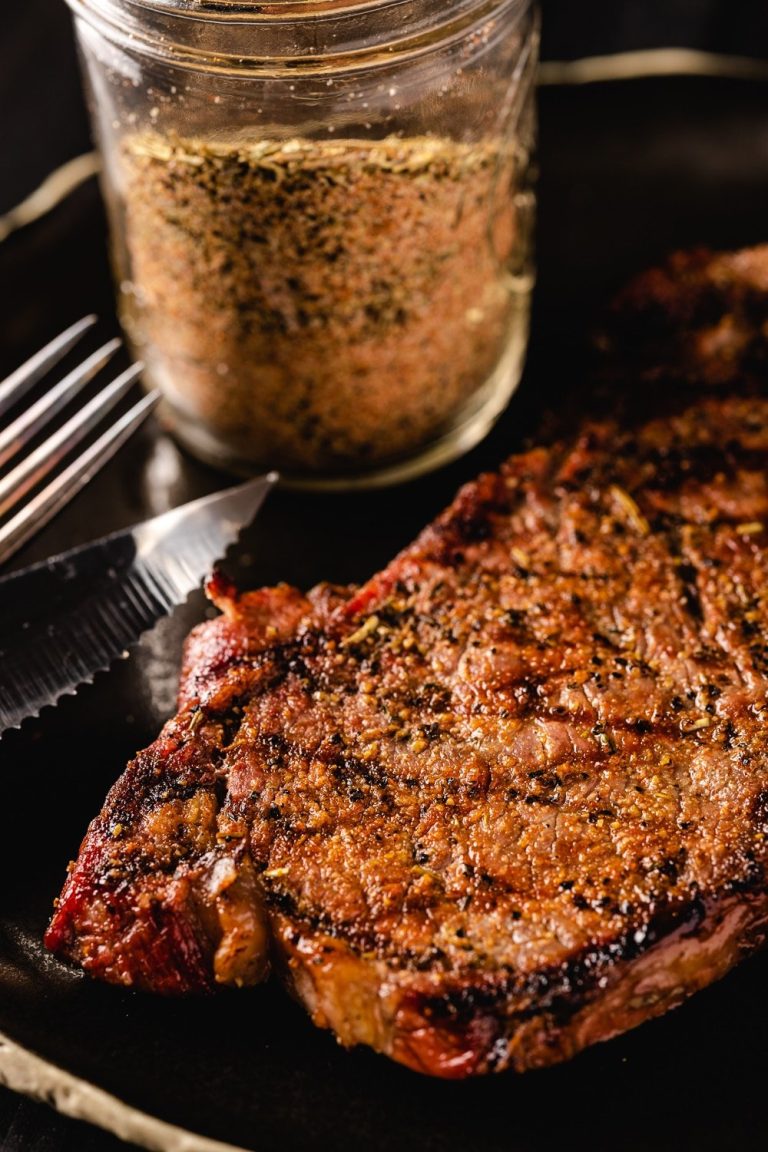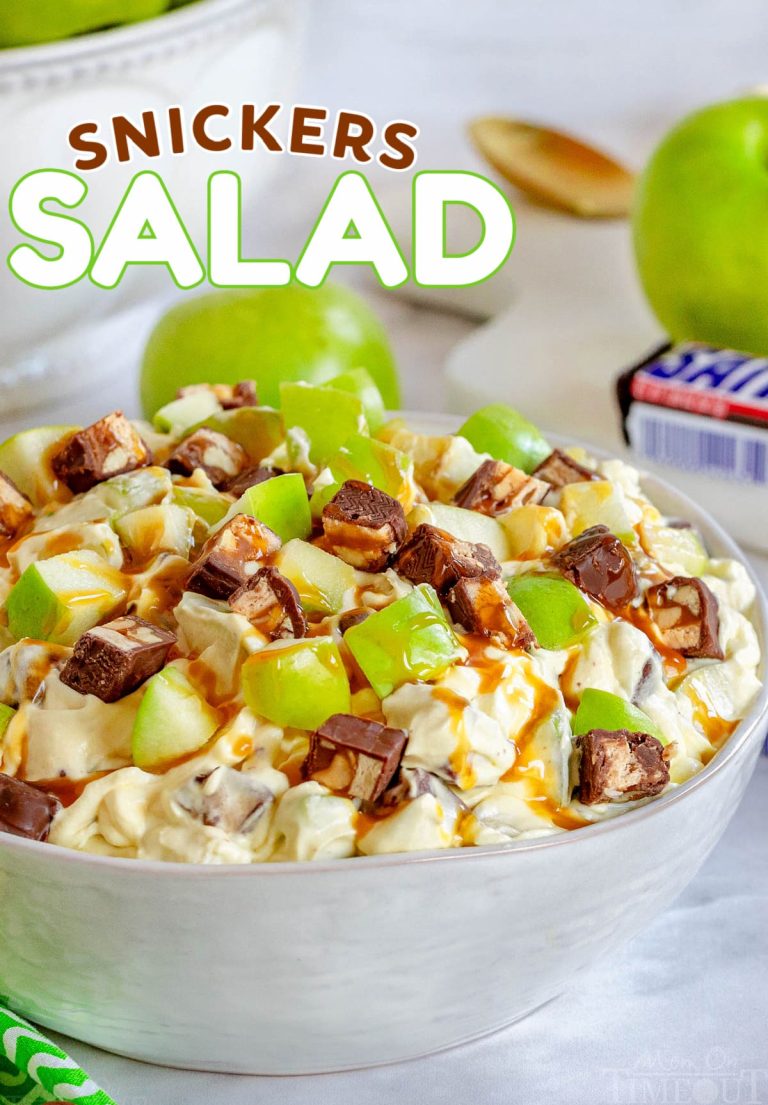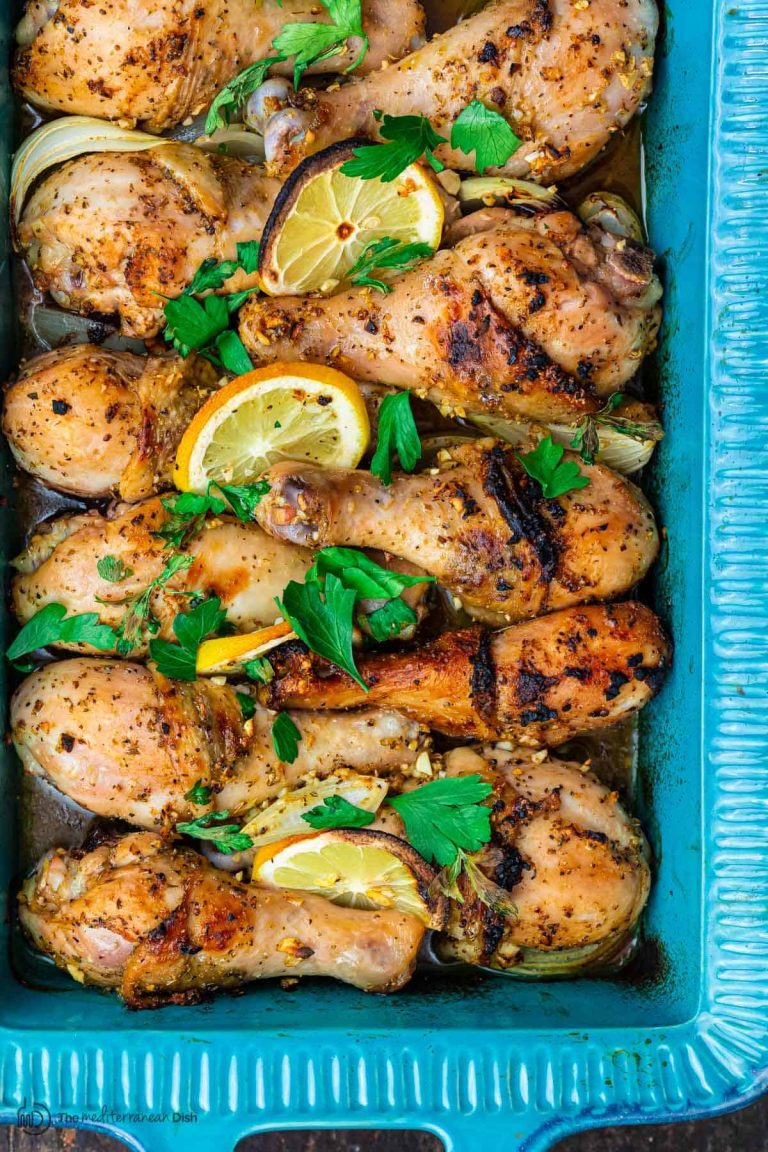Grilled Octopus: Delicious Recipes, Nutritional Benefits, and Perfect Grilling Tips
Grilled octopus has a rich history in Mediterranean and Asian cuisines. Ancient Greeks and Romans prized octopus, often grilling it over an open flame for its unique flavor. In Japan, chefs used it in sushi and takoyaki, exemplifying its versatility. Coastal cultures worldwide value octopus for its adaptability in dishes, representing marine gastronomy. Artisanal methods, such as charcoal grilling in Greek taverns, highlight its cultural importance.
Popular Preparations Around the World
Grilled octopus varies across regions, showcasing diverse culinary techniques. In Greece, it’s char-grilled with olive oil, lemon, and oregano, capturing simple, bold flavors. Spanish pulpo a la gallega serves boiled octopus with paprika, olive oil, and potatoes. Japan’s takoyaki uses battered octopus pieces cooked in a special griddle. In Italy, it’s often paired with fresh herbs and tomatoes. Each preparation highlights octopus’s adaptability and global appeal.
Nutrition and Health Benefits of Grilled Octopus
Rich in Proteins and Low in Fats
Grilled octopus offers a high protein content while remaining low in fats. A 100-gram serving provides about 29 grams of high-quality protein, essential for muscle repair and growth. It includes essential amino acids that support overall health. With only around 1-2 grams of fat per 100 grams, it’s an excellent choice if you’re watching your fat intake. Its low saturated fat content also makes it heart-friendly, promoting cardiovascular health.
Essential Vitamins and Minerals
Grilled octopus is a valuable source of essential vitamins and minerals. It contains significant amounts of vitamin B12, iron, and selenium. Vitamin B12 aids in maintaining nerve health and producing red blood cells. Iron supports oxygen transport and energy production, while selenium acts as an antioxidant, protecting cells from damage. Grilled octopus also has substantial amounts of vitamin B6, copper, and phosphorus, contributing to various bodily functions. This nutrient-dense food boosts overall well-being, making it a nutritious addition to your diet.
How to Choose the Best Octopus for Grilling
Freshness and Quality Indicators
Freshness directly impacts the taste of grilled octopus. Look for octopus with firm, resilient flesh that springs back when pressed, ensuring it’s fresh. Fresh octopus should be moist but not slimy. Inspect the skin, which should be shiny and free of discoloration. The color should be vibrant, usually ranging from a deep purple to a reddish-brown. Check for a mild, ocean-like scent rather than a strong fishy odor, indicating freshness. Verify the eyes, which should be clear and bulging, not sunken or cloudy. Quality octopus should have intact tentacles, as broken ones are a sign of mishandling.
Tips for Buying Octopus
Source from reputable suppliers to ensure high quality. Choose wild-caught octopus, which generally offers better texture and flavor compared to farm-raised ones. Ask the supplier if the octopus has been frozen. Although fresh octopus is ideal, frozen is a good alternative as freezing tenderizes the meat. Opt for medium-sized octopus (1-2 pounds) for grilling, as smaller ones might overcook and larger ones may be too tough. Look for sustainably caught octopus, certified by organizations like the Marine Stewardship Council. Always buy whole octopus and clean it yourself or ask the supplier for cleaning services.
Preparing and Cleaning Octopus Before Grilling
Basic Cleaning Steps
First, ensure the octopus is fresh by verifying the indicators like firm flesh, shiny skin, clear eyes, and a mild ocean-like scent. Rinse the octopus under cold running water to remove debris. Place it on a clean cutting board and separate the head from the body. Cut just below the eyes if the head is intact. Remove the beak at the center of the tentacles by pushing it out from the surrounding muscle. Rinse the octopus again thoroughly.
Dispose of any internal organs still attached to the head. Trim away the ink sac without puncturing it to avoid mess. If the octopus is large, consider removing the skin to soften the texture; the skin can be peeled off by using your fingers. Pat the octopus dry with paper towels to prepare it for pre-cooking techniques.
Pre-cooking Techniques
Tenderize the octopus before grilling to achieve optimal texture. Boil the octopus in a large pot of salted water for 40–60 minutes, depending on size, until tender. Use a fork to test the tenderness—if inserted easily, it’s done. Some prefer adding a wine cork to the boiling water, believing it tenderizes the flesh further.
Marinate the octopus after boiling to infuse it with flavor. Combine olive oil, lemon juice, garlic, and fresh herbs like thyme or oregano in a shallow dish. Submerge the octopus and refrigerate for at least an hour. Alternatively, use a sous-vide method, sealing the octopus in a vacuum bag with the marinade, and cook at 170°F for 4–5 hours to enhance tenderness and flavor.
Grill the octopus over medium-high heat for 3–4 minutes per side until it develops a char and smoky flavor. Brush it lightly with olive oil to avoid sticking. Serve with lemon wedges and a sprinkle of sea salt.
Grilling Techniques for Perfect Octopus
Marinades and Seasonings
Marinades and seasonings enhance grilled octopus. Use olive oil, garlic, lemon juice, and fresh herbs like oregano and parsley for a classic Mediterranean flavor. Add red chili flakes for heat, or paprika and cumin for depth. Marinate for at least 1 hour to allow flavors to penetrate the flesh. Ensure the octopus is fully coated for even seasoning.
Grilling Time and Temperature
Grilling time and temperature are crucial for tender octopus. Preheat your grill to medium-high (350-400°F). Grill the octopus for about 5-7 minutes per side. Ensure you get a good char but avoid overcooking to maintain tenderness. Aim for an internal temperature of 145°F to guarantee doneness without drying out the meat. Follow these guidelines for a perfectly grilled octopus.
Serving Suggestions for Grilled Octopus
Accompaniments and Side Dishes
Pairing grilled octopus with the right accompaniments enhances its flavor profile. Serve it with lemon wedges, roasted vegetables (such as bell peppers, zucchini, and cherry tomatoes), and a drizzle of extra virgin olive oil. For a Mediterranean touch, add olives, capers, and fresh herbs like parsley or oregano. Consider a light, refreshing salad with ingredients like arugula, red onions, and citrus slices. Complement the meal with grains like quinoa, couscous, or orzo tossed with fresh herbs and a splash of lemon juice.
Presentation Tips
Presenting grilled octopus elegantly can elevate the dining experience. Arrange the tentacles in a circular pattern, fanning them out around the plate’s center. Garnish with thin lemon slices, microgreens, or finely chopped herbs. Serve on a rustic wooden board or a white ceramic plate to create a contrast with the octopus’s vibrant color. Drizzle with a balsamic reduction or flavored olive oil for added visual appeal and flavor. Keep the plating simple and let the octopus be the focal point.
Conclusion
Grilled octopus isn’t just a culinary delight; it’s a nutritious and versatile addition to your meals. By selecting fresh, sustainably caught octopus and mastering the grilling techniques, you can create a dish that’s both flavorful and healthy. Pair it with complementary sides and present it beautifully to impress your guests. Enjoy the rich traditions and health benefits that come with every bite of this Mediterranean and Asian favorite.
